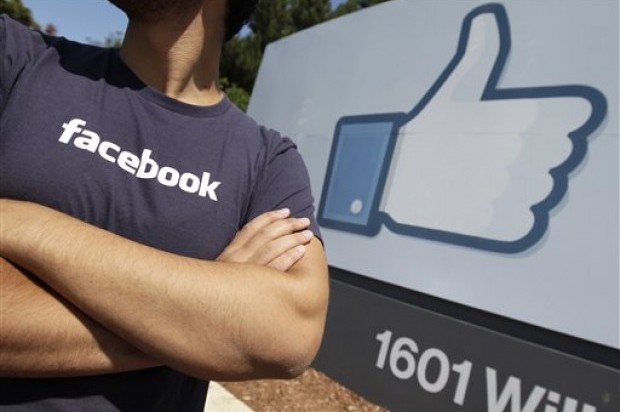
La red social Facebook esta probando alternativas al botón «me gusta» en media decena de países, tales como Irlanda, España y Japón.
A partir de hoy las versiones de Facebook en Estados Unidos y otras partes del mundo mostrarán botones como «me divierte», «me enoja» y otras tres opiniones.
El pulgar del «me gusta» se verá igual que siempre, sin que las otras opciones confundan a la gente. Solo hay que mantener el puntero del ratón sobre el botón menos de un segundo para que aparezcan las otras alternativas.
Cada reacción viene con un emoticón animado, como el pulgar arriba para el «me gusta» y el corazón para «me encanta». Estos emoticones se verán igual alrededor del mundo, pero las frases como «me encanta» serán traducidas.
Esta Aparecerá automáticamente la opción en navegadores de internet, pero será necesario actualizar la aplicación en teléfonos iPhone y Android (aún no se dice nada de Windows y BlackBerry).
Today is our worldwide launch of Reactions — the new Like button with more ways to express yourself. Not every moment you want to share is happy. Sometimes you want to share something sad or frustrating. Our community has been asking for a dislike button for years, but not because people want to tell friends they don't like their posts. People wanted to express empathy and make it comfortable to share a wider range of emotions. I've spent a lot of time thinking about the right way to do this with our team. One of my goals was to make it as simple as pressing and holding the Like button. The result is Reactions, which allow you to express love, laughter, surprise, sadness or anger. Love is the most popular reaction so far, which feels about right to me!
Posted by Mark Zuckerberg on Wednesday, February 24, 2016